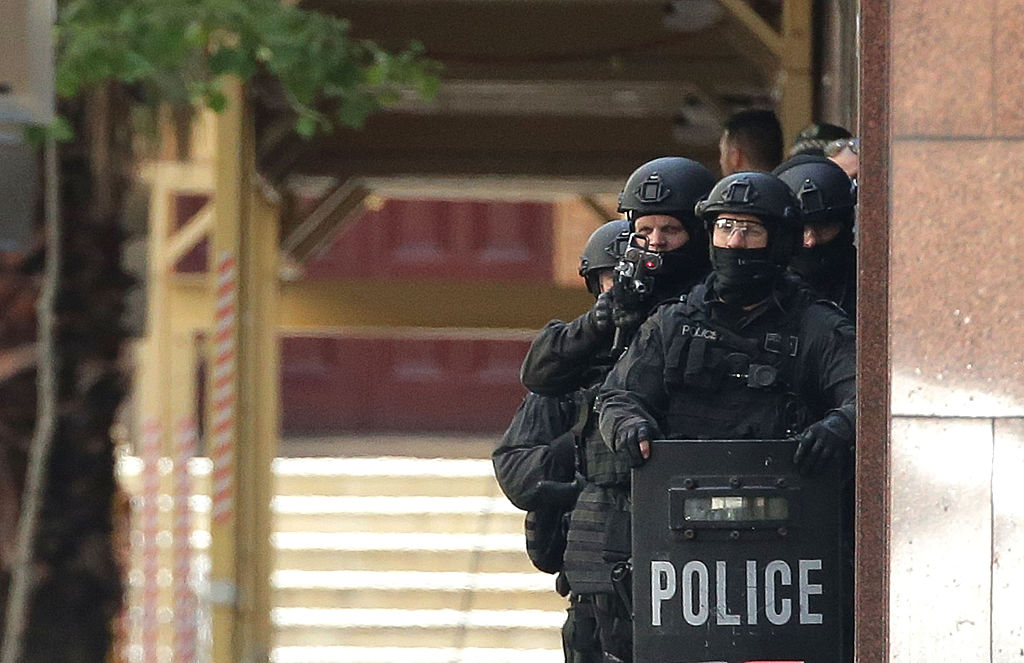
Police leaders and academics often analyse what policing looks like now and what its future will or should be. I would argue that policing must change to maintain and to improve its relationship with broader society. Police forces must also enhance their capabilities and capacities.
Standards around the world, including in Australia, could be improved through the establishment of a ‘college of policing’ concept–as distinct from a ‘police college’–to enhance the development of policing as a profession, while connecting directly to issues that are relevant and prevalent in society.
Australians need a college of policing so that they all receive the same level of quality policing and assured standards across the country. At present, the individual police organisations across Australia cannot agree on the best type of weapon, standards of training, responses to threats and recruiting standards.
The issue is being debated in Canada now as we face those issues, and there’s an opportunity to start the discussion in Australia.
A college of policing would ensure more effective regulation of police and their agencies in the public interest, ensuring that all officers are appropriately trained, certified and registered, and entitled to practise their craft. Creation of a college of policing would assure the public that training, education and policing are carried out to the highest standards and are as relevant as possible.
The United Kingdom started its college in 2012, demonstrating a clear desire to improve the capability and capacity of its policing. It has focused on connecting officers, educators and others working on or with policing.
Each police jurisdiction in Australia runs independently but all have similar compositions. While each police force has strong training and education programs, they vary across the nation. Gaps remain in the development of officers and their agencies that could be corrected with the establishment of a strong college of policing which could identify what’s required in a police officer and help set organisational standards.
Connecting those involved from the beginning can help develop policing standards and practices across the country, including recruitment and training, and improve the delivery of services to communities. Such a college could identify and set the competencies needed by police and pinpoint gaps.
Using evidence-based knowledge and providing a voice for police, agencies and the associations or unions that represent officers would enhance specific programs. It would connect individuals working in policing and law enforcement to those researching the issues that impact on communities and law enforcement.
Australian states and territories share some policing responsibilities following the establishment of the Australia New Zealand Policing Advisory Agency under which Australian and New Zealand law enforcement agencies seek to develop common practices and training. They’ve established committees to engage on specific issues. But this model includes no requirement to accept or adopt these standards or practices.
The UK College of Policing model has pre-entry programs for potential recruits delivered by approved and certified providers to improve education and training. A result of this has been to move policing from what is often seen as a trade with specific skills and training to a profession where education increases an officer’s capacity to deal with an ever-changing environment. The UK model has identified higher education as fundamental for a police officer.
An Australian college of policing could carry out the research needed to increase officers’ ability to deal with issues like mental illness and drug addiction. It could also look at ‘use of force’ training, command and control models, and training overall to ensure consistency across jurisdictions and assure the public that it’s receiving the best service possible.
Once it’s established, every graduate of the college would work in their profession in accordance with national standards and they would keep current and competent as methods and techniques change.

